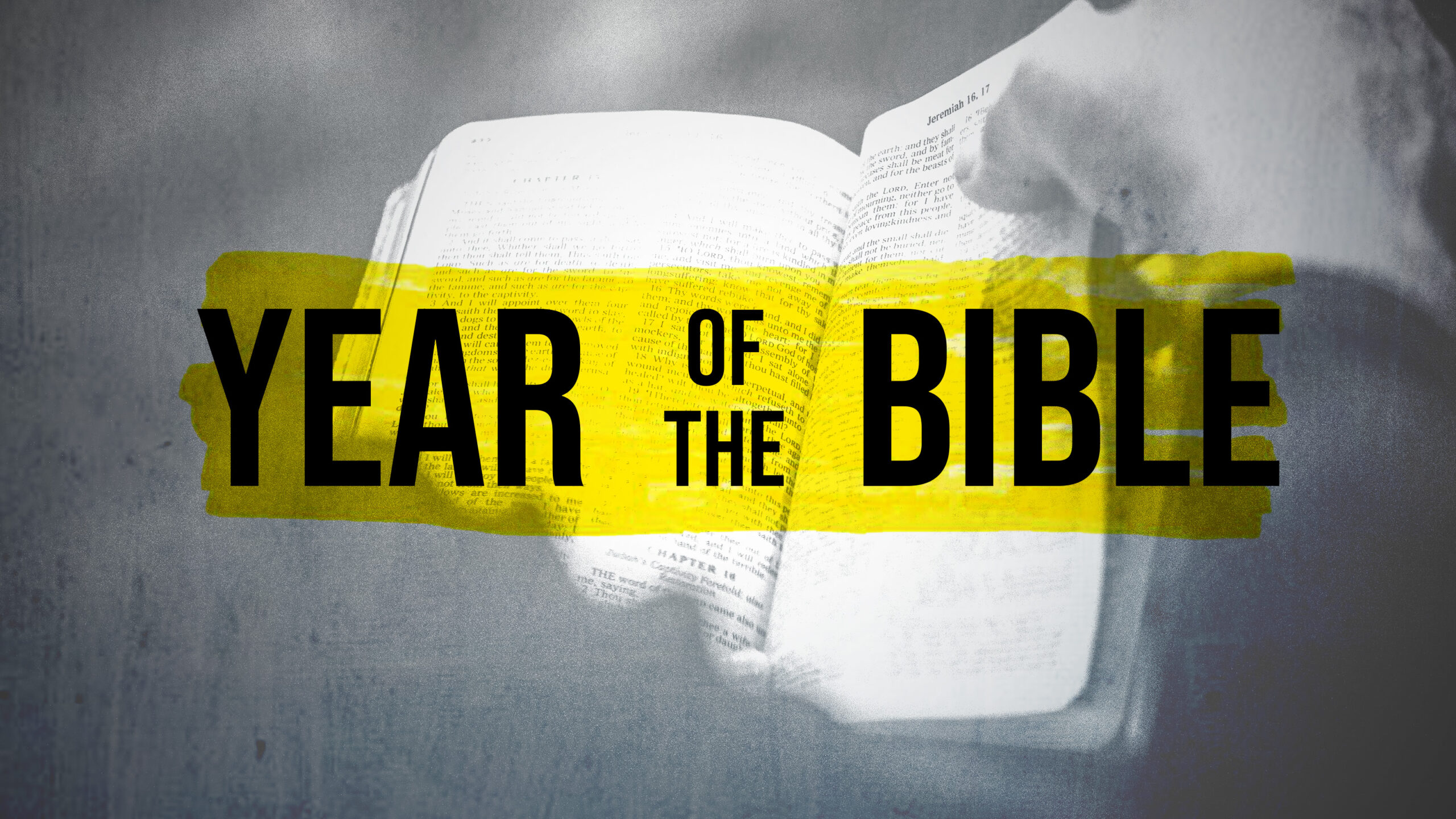Recently at my church, I preached a message on the Good Samaritan (Luke 10), and pointed out that the “Samaritan” in the parable was a type (symbolic imagery) of Christ. More than that, as having at least two Gentiles in His lineage, in a broad, technical sense, He would have been “Samaritan” in a manner of speaking.
As some might wonder, Wasn’t Jesus a Jew?, I thought it might be helpful to elaborate on the actual ethnic heritage of the Messiah, and what it actually means to be a Samaritan. In short, yes, Jesus was a Jew. He was of the House of David, from the tribe of Judah (Luke 3, Matthew 1), and His overwhelming ethnic background is defined by that. But there is more to the story…
It becomes apparent in the Gospel accounts that Jesus loves the Samaritans (especially in Luke and John). He goes out of His way to visit Sychar, a major Samaritan city, and reveals Himself as the Messiah to a woman at the well (John 4). And most notably, He tells the parable of the Good Samaritan referenced above, which highlights those despised and rejected of the “proper” Jews for being a “neighbor” to the man who fell among thieves in the narrative.
First, the Samaritans. Who were they? The name “Samaritan” likely came from the region they settled (“Samaria”), but the people known as the Samaritans go back to the times of the Divided Kingdom of Israel (1 Kings 11:31-39). The Northern Kingdom (often referred to as the “Kingdom of Israel” or even “Kingdom of Samaria” in the Old Testament), consisting of 10 out of the 12 tribes of Israel, were taken captive by Assyria, while the Southern Kingdom, (often referred to as “Judah”, though it also included the tribe of Benjamin) were taken captive to Babylon. In both cases, a remnant was allowed to remain behind, but they were heavily taxed and oppressed by their new overlords (2 Kings 17:1-9).
Eventually both halves of the Kingdom of Israel were allowed to return, and the division and distrust that existed between the two had only deepened. To make matters worse, the Northern Kingdom of the 10 tribes had intermarried with their Assyrian overlord nation, and tainted their blood line with Gentiles (non-Jews). The Samaritans of Jesus day (John 4:9) were considered half-breeds by their neighboring “Jews”, and would have been slandered as such. The Samaritans, ironically would consider themselves the “true” Israelites, as their ancestors consisted of the original 10 (out of 12) tribes of Israel.
Religiously, they would have held a few (but significant) differences also. The Samaritans, after being rejected from worshiping in Jerusalem, and even sent away when attempting to help rebuild the Temple, built their own place of worship in Mt. Gerizim, which the woman at the well of John 4 also references. This act, of course, was viewed by the “real Jews” as nothing less than an occult, or worse, idolatry. The Samaritans of Jesus day, however, saw themselves as the true defenders of Judaism, preserving the Torah – the first five books, written by Moses, which contained their Law. While they rejected the rest of the prophetic books of our Old Testament, they were not the only ones. The Sadducees who held the greatest power base in the Temple of Jerusalem, and the controlling influence on the Sanhedrin also rejected the Prophets. It was primarily the Pharisees (but also a small, pious group known as the Essenes), who outnumbered both the Sadducees and Samaritan priests who accepted and affirmed what we know today as our complete Old Testament texts.
The net result is that the Samaritans and “Jews” considered each other imposters of God’s chosen “Israel”, and held deep rooted bitterness and hatred for the other. Genealogically, they had common ancestors within the nation of Israel. The Samaritans, however, were also part Gentile. A “Samaritan” could be a general reference to any compromised Jew who inter-married, or who was the offspring of Jews who inter-married with non-Jews (Such as Jesus). Specifically, it was a term to the descendants of the Asssyrian/Northern Kingdom after their captivity (which would exclude Jesus).
Back to the question, “Was Jesus a Jew or a Samaritan?”. This is an inherently flawed question, as it polarizes the answer to one of two possibilities in a false dichotomy. Samaritans were Jewish, just not full Jews. Likewise, Jesus was also part Gentile, by way of Ruth (a Moabite) and Rahab (a Canaanite), recorded in Jesus’ lineage in Matthew 1:5. So in a broad, general sense, one might consider Jesus to also be a “Samaritan”. However, Jesus has no known bloodline or family tree connecting Him to the Assyrians, nor does He seem to have any obvious familial relations to the 10 Tribes of the Northern Kingdom, before Jacob, the common ancestor of all 12 tribes of the nation.
It’s also interesting, and worth noting, that in John 8:48 Jesus is accused of being a Samaritan and demon possessed! Jesus responded to the accusation of demonic influence, but remained conspicuously silent about the Samaritan accusation. That doesn’t “prove” He was a Samaritan, but it is a subtle nod to my point. However, it’s also worth pointing out, that in the interaction with the Samaritan woman in John 4, He identifies Himself as a “Jew” by contrast to the Samaritans (“we… Jews”. John 4:22).
Getting hung up on this is unnecessary, however. It would be like suggesting that because I’m 3% Native American, that I’m not English/Scottish (of which I’m ethnically 70%). People and family trees are as fascinating as they are complicated. If you were to ask me out of context, “Are you Scottish?” I would probably say “No!” I see myself as an American, I’ve never even been to Scotland, nor have I ever identified with my Scottish ancestry. And yet, technically, I am at least ethnically Scottish!
Likewise, Christ was ethnically something like 98% Jewish from what we know in Scripture. Culturally, He was Jewish. But He was not Jewish exclusively. Like most of us, His lineage was at times complicated and messy. In His parable of the Good Samaritan, it was the Samaritan who bound the wounds of the man who fell among thieves, then lifted him onto His donkey, took him to an inn, and ensured his recovery. I assert that Jesus was doing much more than answering the question “Who is my neighbor?” He was revealing Himself through the Samaritan – the one rejected by those who considered themselves “real” Jews (like the priest and Levite in the parable). He is the very One who is able and willing to concern Himself with our pain and struggles; the One who heals us, and binds our wounds; the One who pours wine and oil (symbolic of the blood of Christ, and the Holy Spirit) to cleanse and seal our sin wounds, and delivers us to places of healing (such as His church), from our brokenness.
Let us embrace the real Jesus…
A son from a complicated family tree, to reach complicated and broken people like us.
A man who was born of Jewish heritage, yet given for the “whole world” to know God through Him.
A Savior who – even though we call Him a “Jew” – has a true heritage from Heaven – neither from Jew, Samaritan, or Gentile descent.
A Healer who identified with the hurting and marginalized, and was Himself “despised and rejected by men”.




